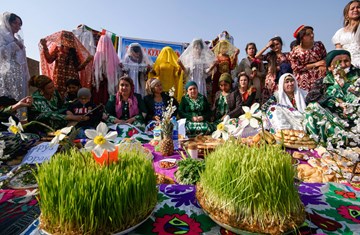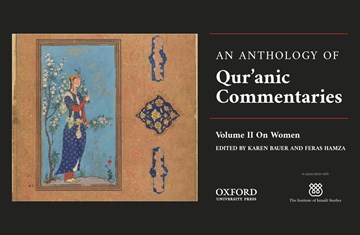New IIS Publication on Philosophy in Persia
In the early centuries of Islam, Ismaili philosophy stands out amongst schools of great significance. Ismaili Shi‘ism began to formulate its philosophical teachings earlier than any other form of Shi‘ism and, like other Shi‘i philosophical traditions, highlights the central role of ‘aql or intellect.
The selections in this book cover some five centuries, from the 2nd AH/8th CE to the 7th AH/13th CE centuries, starting with the enigmatic Umm al-Kitab (The Archetypal Book), the earliest Ismaili philosophical text written in archaic Persian, and ending with the work of the great philosopher/scientist, Nasir al-Din Tusi who, as a result of his changing affiliations in the course of a brilliant scholastic career, is claimed by both the Ismaili Shi‘i and Twelver Shi‘i traditions.
These five centuries are marked by the rise of the Fatimids, followed by the capture of Alamut under Hasan-i Sabbah and the establishment of Ismaili states in the mountainous regions of north-eastern Persia. It came to an abrupt end with the Mongol invasion, after which Ismaili Shi‘ism in Persia went underground, becoming intermingled with certain forms of Sufism.
Of special interest is the fact that this early period of Ismaili philosophy involved the cultivation of the Persian language as a medium for philosophical discourse, culminating in the beauty and maturity of language in the works of Nasir-i Khusraw, considered to be one of the greatest poets in the Persian language.
Each section in the Anthology consists of an introductory essay and translation of a text from an important philosopher. The introductions provide brief biographical information about the author and situate the selected texts in the context of the author’s overall philosophical contributions. A Select Bibliography and Index are also included.
In addition to providing an introduction for the English-speaking world to the philosophical tradition of one of the oldest civilisations of the world, this Anthology brings together for the first time some of the most important Persian texts of Ismaili philosophy.






